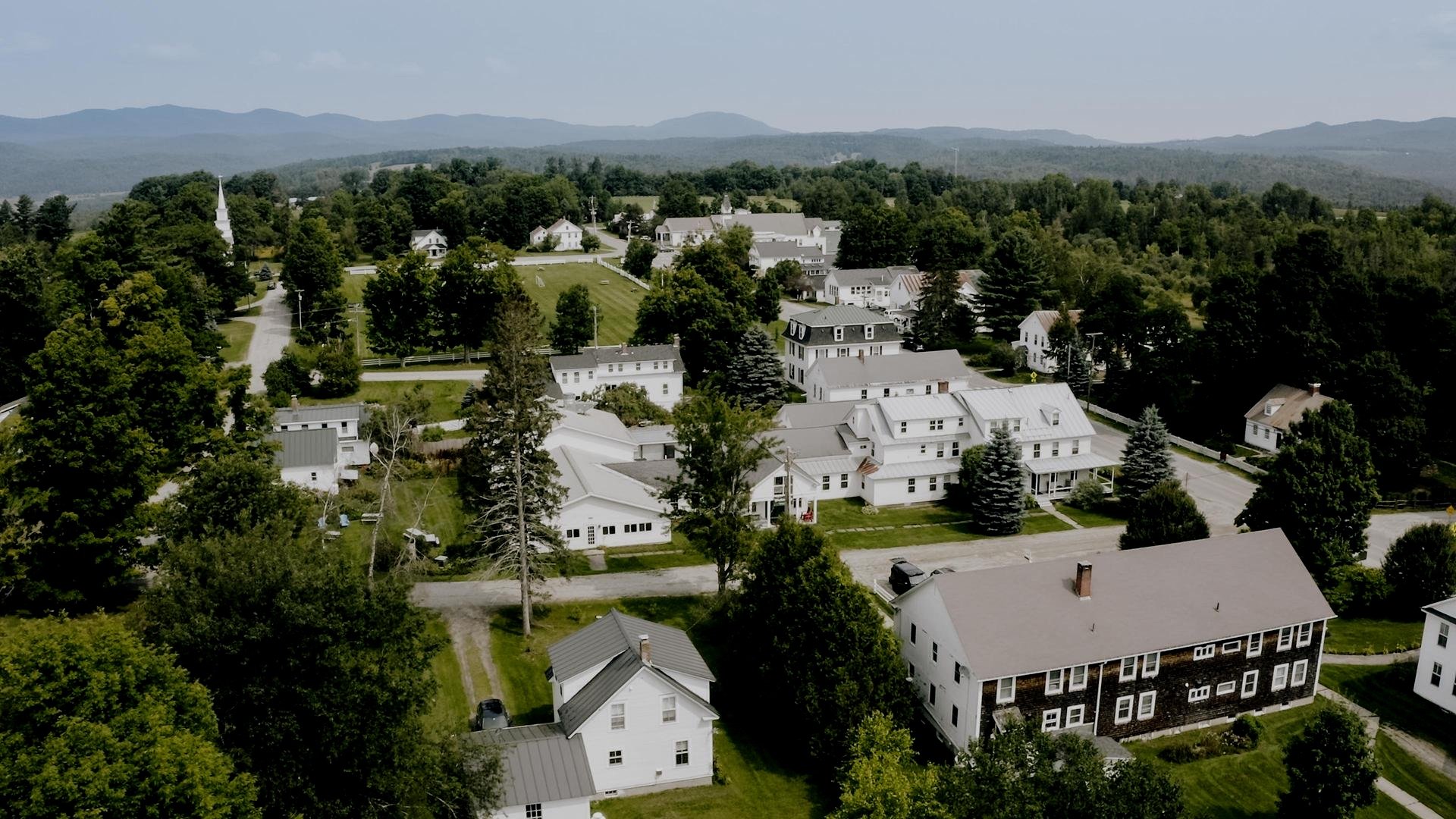
Mission
To advance ecological thinking and action through affordable experiential learning that prepares people to be knowledgeable, skilled, and responsible leaders in the communities in which they live.
Our Strategic Commitments
To advance ecological thinking and action through learning, Sterling has made five overarching commitments in this planning initiative. This effort reflects the work of a galvanized community ready to fulfill a long-standing mission and a vision that will transform and secure the future of the institution.
The Strategic Initiative 2020-2030: Mission, Vision, and Five Commitments were approved with support by the Faculty Council on April 15, 2019 and by resolution of the Board of Trustees on April 20, 2019
Commitment I : Provide effective transdisciplinary, experiential, competency-assessed educational programs that meet student aspirations.
Commitment II : Attract, develop, and retain an exceptional and increasingly diverse faculty and staff.
Commitment III : Extend the reach and impact of our mission by attracting and retaining an exceptional and increasingly diverse and underserved student population.
Commitment IV : Promote our mission and vision through collaborative relationships and partnerships.
Commitment V : Develop an organizational model that promotes ecological, social, and financial sustainability.
The Story Behind the Sterling Logo
With over sixty years behind us and an ambitious ten-year strategic plan to guide us, Sterling embarked on a nine month journey that has arrived at an updated identity that is both timely and timeless. This evolution supports the College in connecting learners to the Sterling mission, will engage future generations in the growing kinds of experiences that we offer, honors our history, and reflects our vision for the future. We have gratitude for the students, faculty, staff, trustees, advisors, alumnx, partners, and community members who served as our guides.
